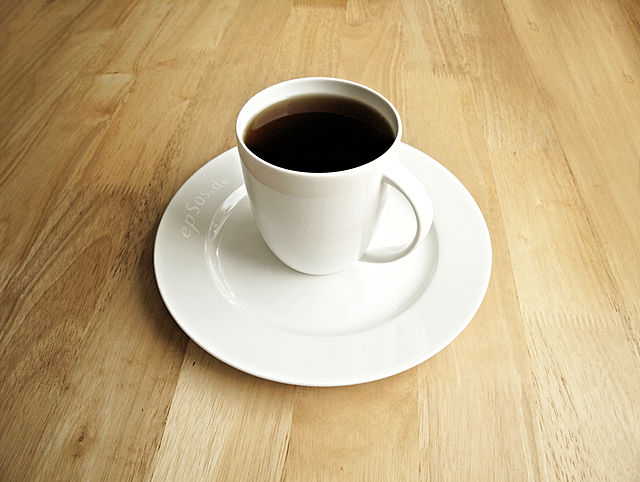What is one thing you’d drink before a long day of school? Or maybe a pick-me-up in the afternoon? Or just an easy grab-and-go before work? Probably coffee. 3 in 4 Americans drink coffee every day. Although drinking a moderate amount of caffeine may be incorporated into a healthy diet, for most people, 2-5 cups a day is the norm. This many cups can lead to a lower likelihood of developing type 2 diabetes, heart disease, endometrial and liver cancers, Parkinson’s disease, and even depression. Even if you may think coffee is your friend, and helps you stay awake and energized, it is more or less praying on your downfall. (56% of people believe that caffeine benefits their health.) It really produces anxiety symptoms.
If we break it down, coffee is a beverage brewed from the roasted and ground seeds of the tropical evergreen coffee plant. It is one of the most popular beverages in the world and is one of the most profitable international commodities. But even with the advantage of alertness and cognitive function it gives you, there’s still a risk for fertility issues, increased episodes of heartburn, and changes in bowel habits. So watch how much caffeine you may intake, even if you’re tired. However, with seniors, this may be different. Caffeine tends to help older people with their daily life activities, but drinking coffee at a younger age will lead to definite future health issues.








